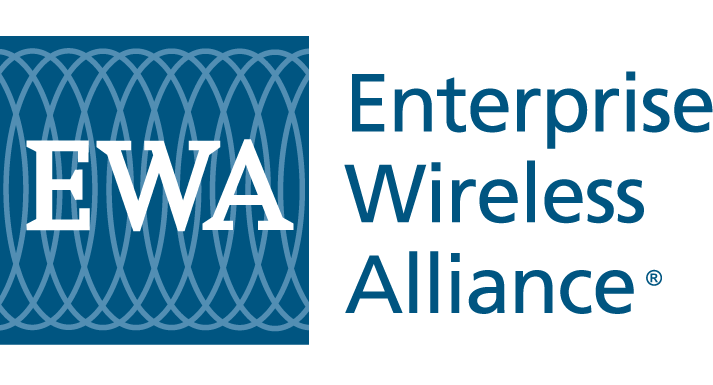Isn't this wonderful ...
For a while there, there just didn’t seem to be a lot of wireless regulatory news to report. Things have changed. Last week the President signed into law the “Middle Class Tax Relief and Job Creation Act of 2012.” This is big news for the public safety industry as it culminates an impressive effort on their part to repurpose 10 MHz of 700 MHz commercial spectrum, known as the D-Block, for their use in constructing a national public safety interoperable broadband network. The Act also provides over $7 billion to fund the deployment and operation of the network. Of course, there had to be a price tag, a spectrum quid pro quo, strings attached if 10 MHz of spectrum and $7 billion are to be handed to public safety. When Congress first put pen to paper, the attached strings called for public safety to return their 450 MHz bands for eventual commercial auctions. Later, suggested legislative provisions called for the return of public safety’s 700 MHz narrowband spectrum. Public safety rightfully howled at these spectrum trades and now as an alternative, we have a law on the books requiring the FCC to “reallocate the spectrum in the 470-512 MHz band (referred to in this section as the ‘T-Band spectrum’) currently used by public safety eligibles as identified in section 90.303” and to auction the spectrum by February 22, 2021. Auction proceeds would be used to assist public safety users to cover relocation costs to vacate the premises.
When Congress first put pen to paper, the attached strings called for public safety to return their 450 MHz bands for eventual commercial auctions. Later, suggested legislative provisions called for the return of public safety’s 700 MHz narrowband spectrum. Public safety rightfully howled at these spectrum trades and now as an alternative, we have a law on the books requiring the FCC to “reallocate the spectrum in the 470-512 MHz band (referred to in this section as the ‘T-Band spectrum’) currently used by public safety eligibles as identified in section 90.303” and to auction the spectrum by February 22, 2021. Auction proceeds would be used to assist public safety users to cover relocation costs to vacate the premises.
Isn’t this wonderful. Please note that there is absolutely no mention of the business, industrial, transportation, critical infrastructure or substantial private carrier user presence that share T-Band with their public safety brethren. Ok, we shouldn’t over react at this point as one could interpret the provisions to mean that non-public safety incumbents are excluded from being required to vacate their T-Band spectrum lands. Conversely, the provisions are written such that it could be that non-public safety T-Band incumbents are to be forcefully relocated to wireless reservation territory in Oklahoma without financial assistance. If I remember my American history, it was a rather long trek with no benefit to the walkers.
